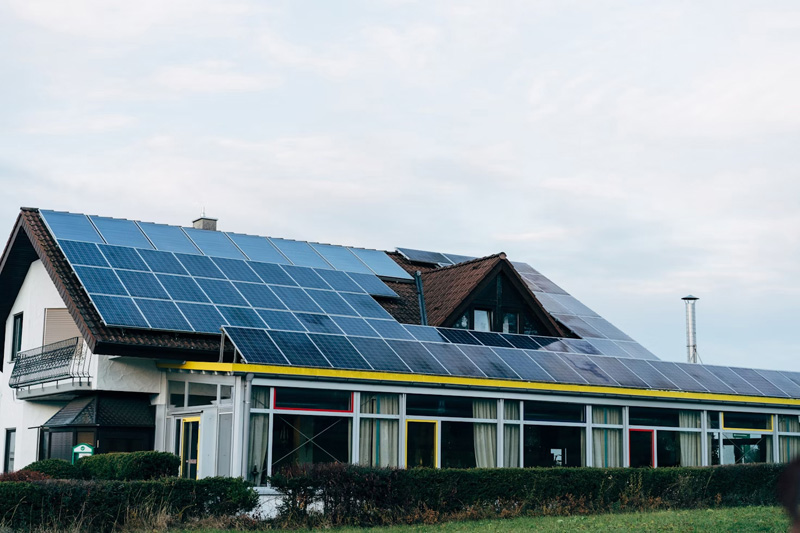A Suíça alcançou um grande avanço em energia solar, com capacidade fotovoltaica (FV) instalada excedendo 5 gigawatts (GW) em 2025 — um aumento de 30% desde 2023. O crescimento é impulsionado por fazendas solares pioneiras em grandes altitudes, ampla adoção de telhados e forte apoio governamental.
Projetos solares nos Alpes, como a instalação de 2,3 MW de Albula Pass, estão estabelecendo novos recordes de eficiência devido à maior reflexão da luz solar na neve e aos efeitos de resfriamento otimizados. Enquanto isso, instalações residenciais e comerciais em telhados representam mais da metade da nova capacidade, apoiadas por regulamentações e subsídios simplificados no âmbito da Estratégia Energética 2050 da Suíça.
Para lidar com a intermitência, quase 40% dos novos sistemas solares agora integram armazenamento em bateria. O governo suíço também prometeu financiamento adicional para atingir 10 GW até 2030, enquanto fabricantes locais como a Meyer Burger aumentam a produção para fortalecer a independência energética.
No entanto, os desafios persistem, incluindo atrasos na modernização da rede e lacunas no fornecimento no inverno. Especialistas enfatizam a necessidade de soluções híbridas de energia renovável para garantir a confiabilidade durante todo o ano.
“A Suíça demonstra como a inovação pode superar limites geográficos”, disse Benoît Revaz, Diretor do Departamento Federal de Energia da Suíça. A energia solar agora atende a 8% da demanda nacional de eletricidade, marcando um passo fundamental em direção à meta de zero emissões líquidas da Suíça até 2050.


 M-F 9h para 18h
M-F 9h para 18h  admin@cowellxm.com
admin@cowellxm.com
 315 No.13 Malong Road, Huli District,Xiamen City, Fujian Province,China
315 No.13 Malong Road, Huli District,Xiamen City, Fujian Province,China




